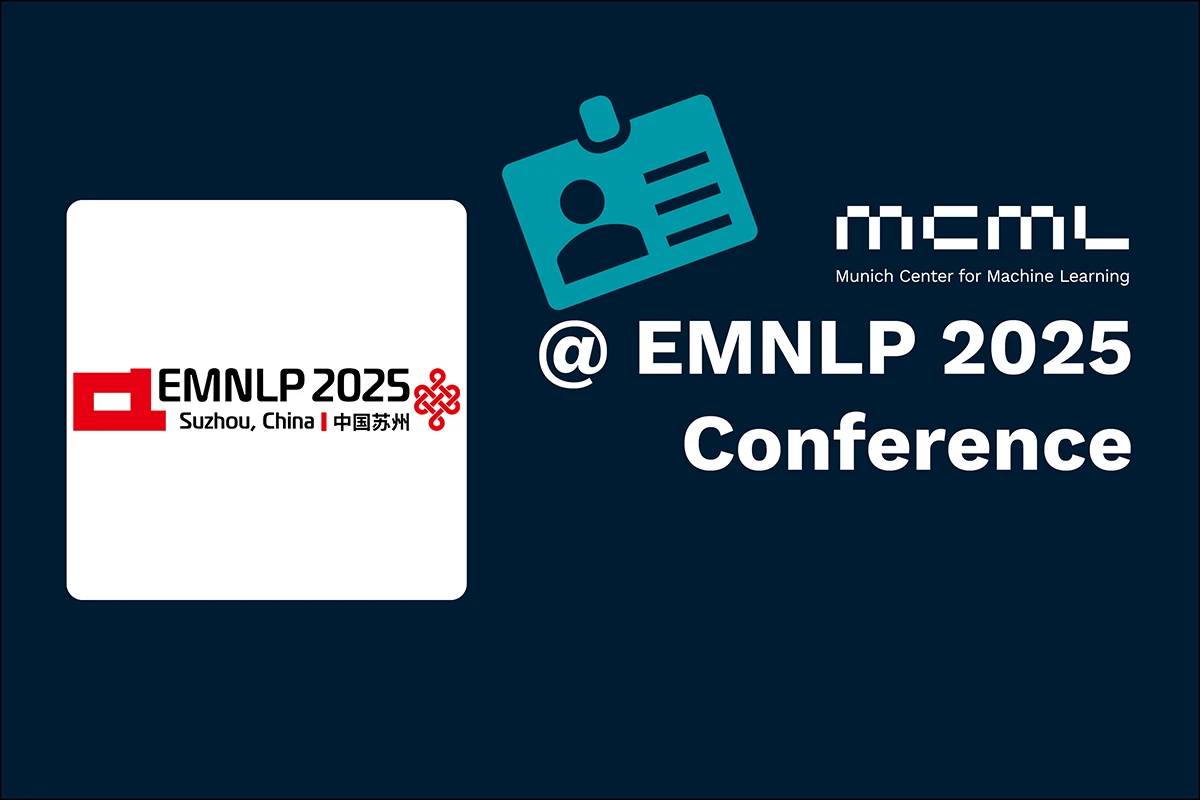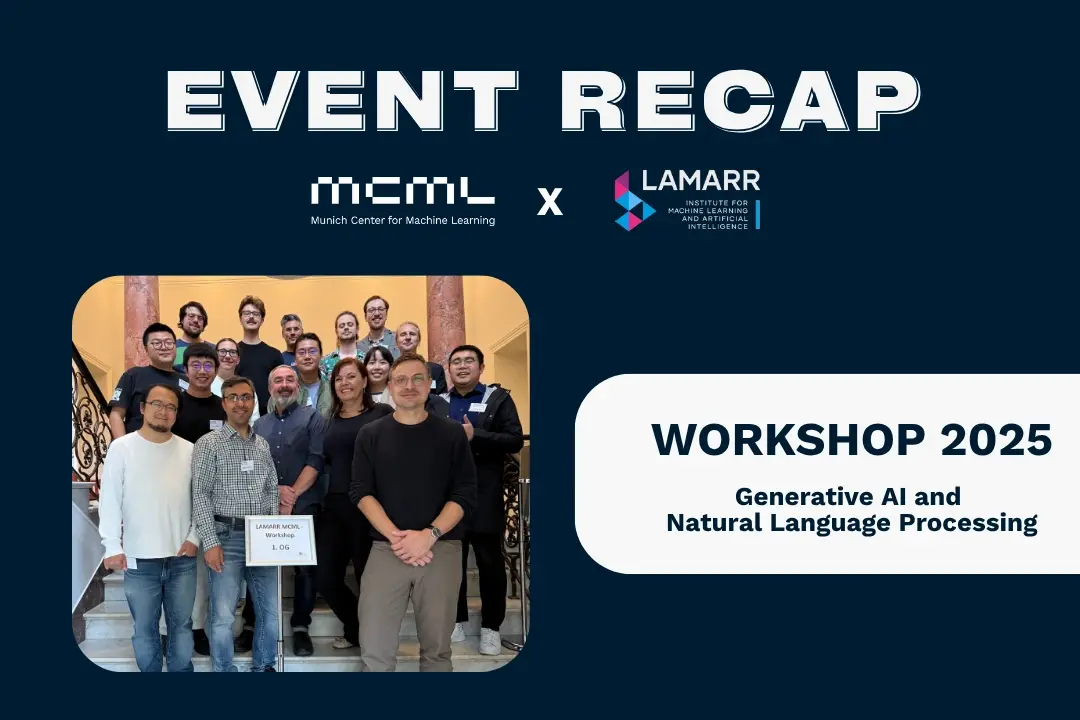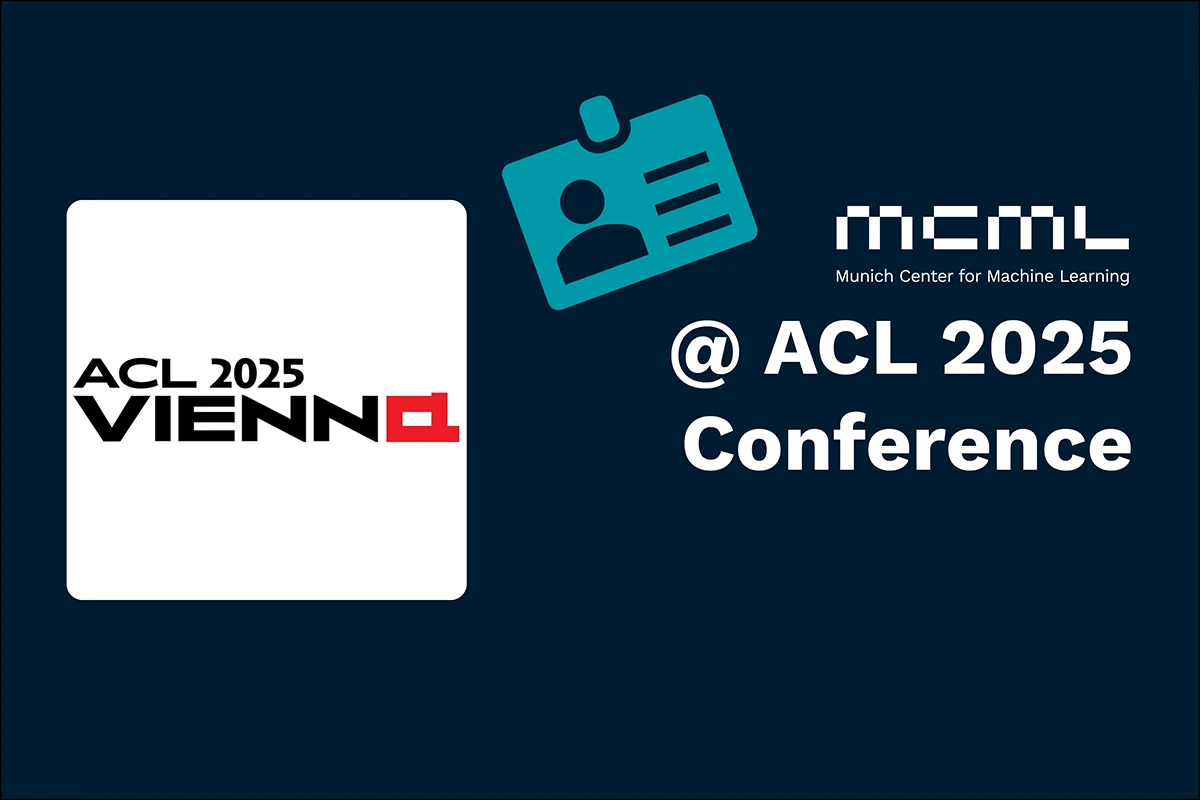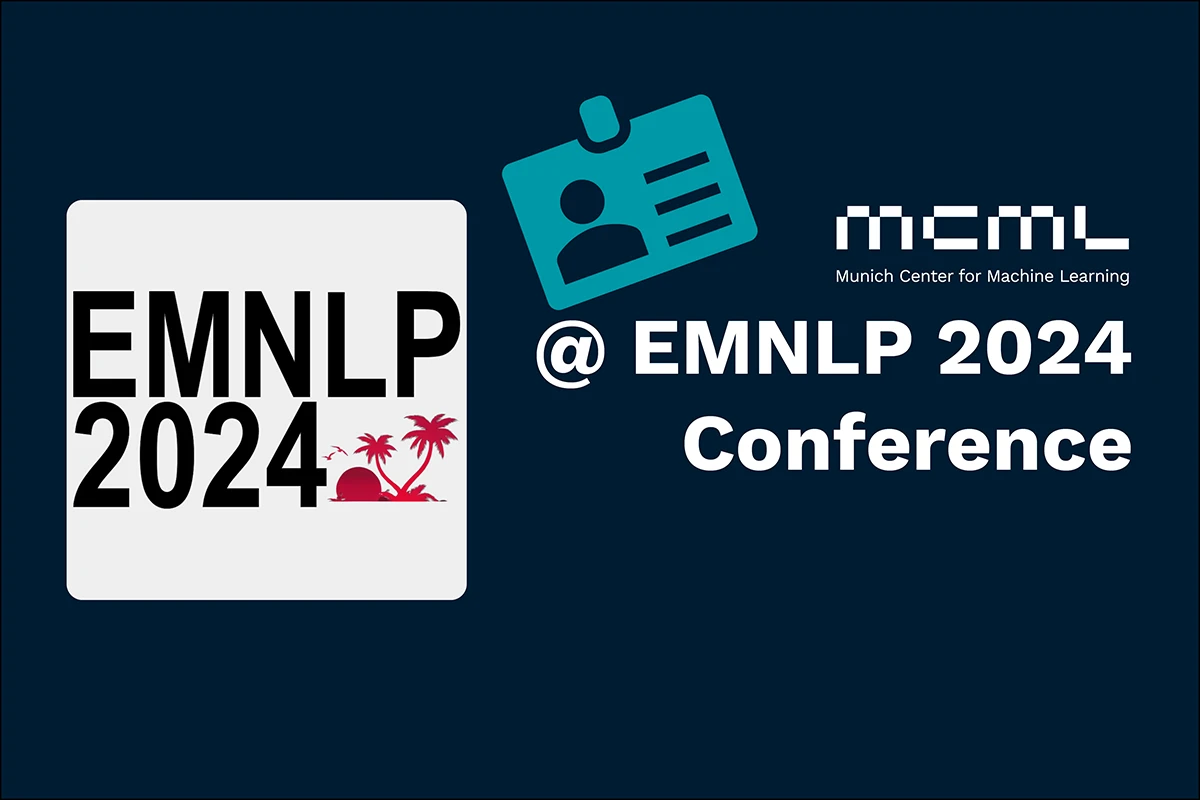Research Group Michael Hedderich
Michael Hedderich
leads the MCML Junior Research Group ‘Human-Centered NLP’ at LMU Munich.
His team’s research covers the intersection of machine learning, natural language processing (NLP) and human-computer interaction. Human factors have a crucial interplay with modern AI and NLP development, from the way data is obtained, e.g. in low-resource scenarios, to the need to understand and control models, e.g. through global explainability methods. AI technology also does not exist in a vacuum but must be validated together with the application experts and stakeholders it should serve. The group explores these questions from different perspectives, taking the lense of machine learning, natural language processing and human-computer interaction. By embracing these diverse perspectives, the researcher value how each viewpoint enriches the understanding of the same issues and how different skill sets complement one another.
Team members @MCML
PhD Students
Recent News @MCML
Publications @MCML
2026
Persistent Personas? Role-Playing, Instruction Following, and Safety in Extended Interactions.
EACL 2026 - 19th Conference of the European Chapter of the Association for Computational Linguistics. Rabat, Morocco, Apr 24-29, 2026. To be published. Preprint available. arXiv
A Comprehensive Evaluation of Multilingual Chain-of-Thought Reasoning: Performance, Consistency, and Faithfulness Across Languages.
Findings @EACL 2026 - Findings of the 19th Conference of the European Chapter of the Association for Computational Linguistics. Rabat, Morocco, Apr 24-29, 2026. To be published. Preprint available. arXiv
ToMigo: Interpretable Design Concept Graphs for Aligning Generative AI with Creative Intent.
Preprint (Feb. 2026). arXiv
Large Reasoning Models Are (Not Yet) Multilingual Latent Reasoners.
Preprint (Jan. 2026). arXiv
From Weights to Activations: Is Steering the Next Frontier of Adaptation?
Preprint (Jan. 2026). DOI
Linear Script Representations in Speech Foundation Models Enable Zero-Shot Transliteration.
Preprint (Jan. 2026). arXiv
AfriqueLLM: How Data Mixing and Model Architecture Impact Continued Pre-training for African Languages.
Preprint (Jan. 2026). arXiv URL
2025
Charting the Landscape of African NLP: Mapping Progress and Shaping the Road Ahead.
EMNLP 2025 - Conference on Empirical Methods in Natural Language Processing. Suzhou, China, Nov 04-09, 2025. DOI
Semantic Component Analysis: Introducing Multi-Topic Distributions to Clustering-Based Topic Modeling.
Findings @EMNLP 2025 - Findings of the Conference on Empirical Methods in Natural Language Processing. Suzhou, China, Nov 04-09, 2025. DOI
MAKIEval: A Multilingual Automatic WiKidata-based Framework for Cultural Awareness Evaluation for LLMs.
Findings @EMNLP 2025 - Findings of the Conference on Empirical Methods in Natural Language Processing. Suzhou, China, Nov 04-09, 2025. DOI
Do We Know What LLMs Don't Know? A Study of Consistency in Knowledge Probing.
Findings @EMNLP 2025 - Findings of the Conference on Empirical Methods in Natural Language Processing. Suzhou, China, Nov 04-09, 2025. DOI
Human Uncertainty-Aware Data Selection and Automatic Labeling in Visual Question Answering.
Preprint (Oct. 2025). arXiv
Evaluating Robustness of Large Language Models Against Multilingual Typographical Errors.
Preprint (Oct. 2025). arXiv
Probing LLMs for Multilingual Discourse Generalization Through a Unified Label Set.
ACL 2025 - 63rd Annual Meeting of the Association for Computational Linguistics. Vienna, Austria, Jul 27-Aug 01, 2025. DOI
What’s the Difference? Supporting Users in Identifying the Effects of Prompt and Model Changes Through Token Patterns.
ACL 2025 - 63rd Annual Meeting of the Association for Computational Linguistics. Vienna, Austria, Jul 27-Aug 01, 2025. DOI
ExPLAIND: Unifying Model, Data, and Training Attribution to Study Model Behavior.
Preprint (May. 2025). arXiv GitHub
2024
Facilitating Asynchronous Idea Generation and Selection with Chatbots.
OZCHI 2024 - 36th Australian Conference on Human-Computer Interaction. Brisbane, Australia, Nov 30-Dec 04, 2024. DOI
The Potential and Challenges of Evaluating Attitudes, Opinions, and Values in Large Language Models.
Findings @EMNLP 2024 - Findings of the Conference on Empirical Methods in Natural Language Processing. Miami, FL, USA, Nov 12-16, 2024. DOI
SynthEval: Hybrid Behavioral Testing of NLP Models with Synthetic CheckLists.
Findings @EMNLP 2024 - Findings of the Conference on Empirical Methods in Natural Language Processing. Miami, FL, USA, Nov 12-16, 2024. DOI GitHub
Understanding When Tree of Thoughts Succeeds: Larger Models Excel in Generation, Not Discrimination.
Preprint (Oct. 2024). arXiv
Understanding Human-AI Workflows for Generating Personas.
DIS 2024 - ACM Conference on Designing Interactive Systems. Copenhagen, Denmark, Jul 01-05, 2024. DOI
©all images: LMU | TUM








